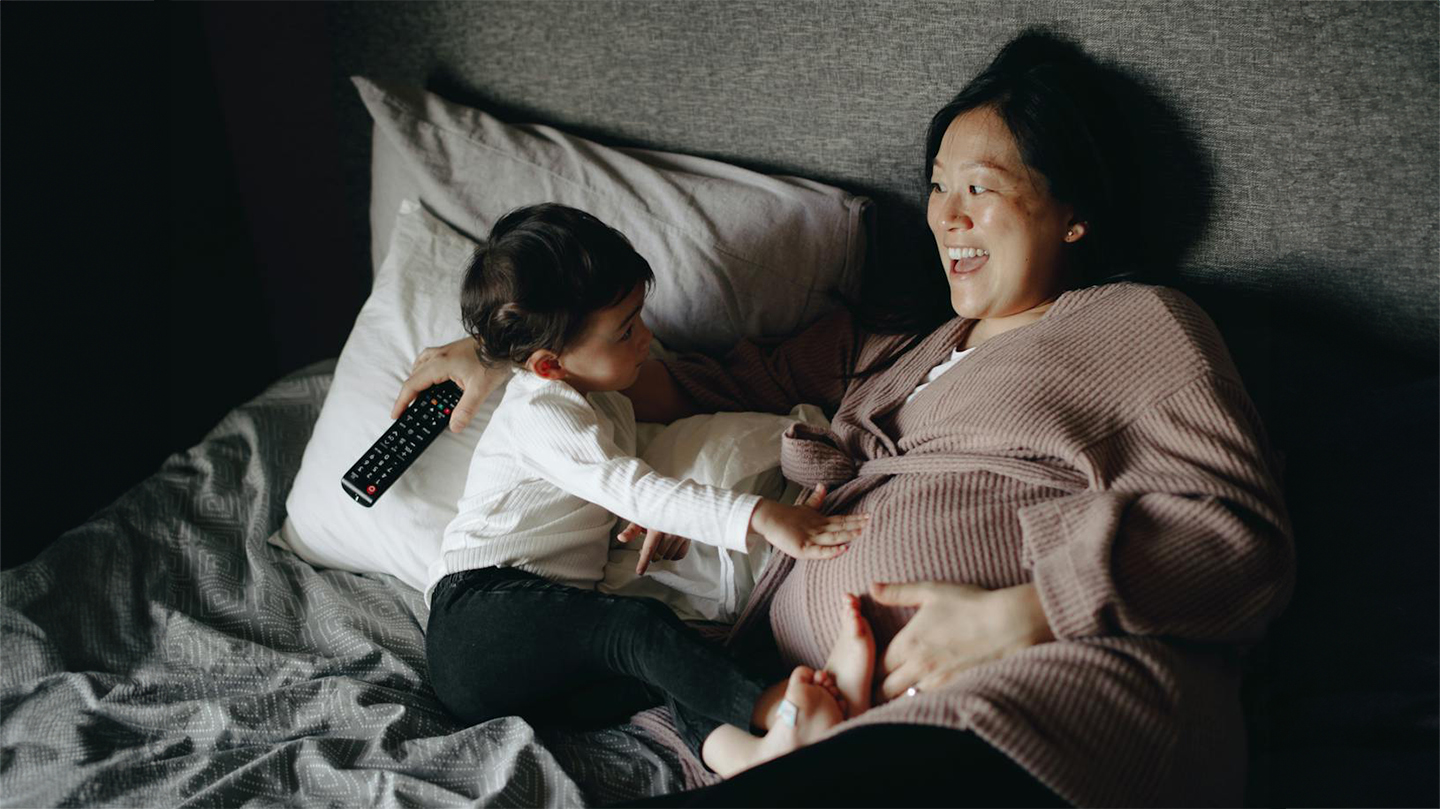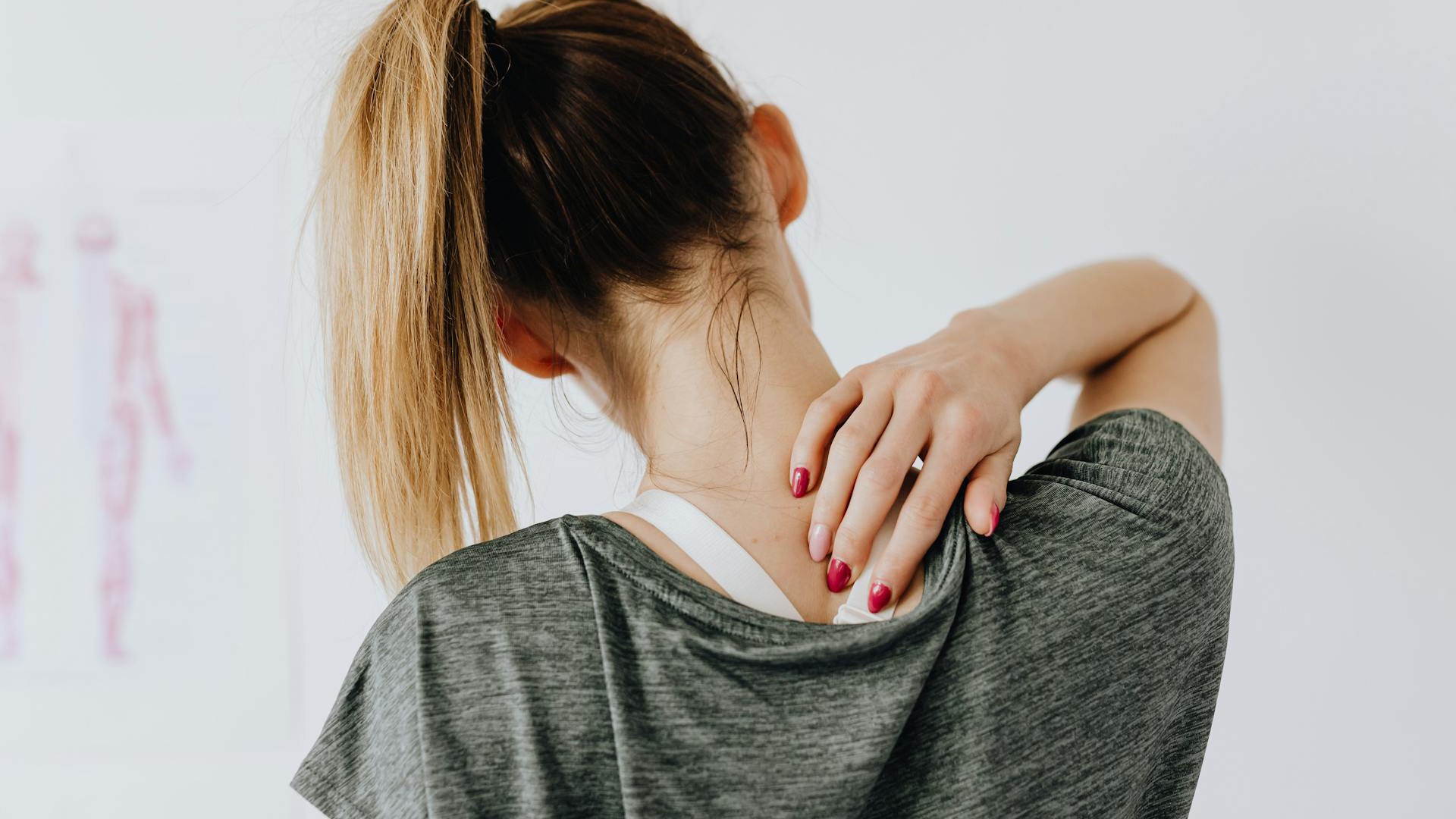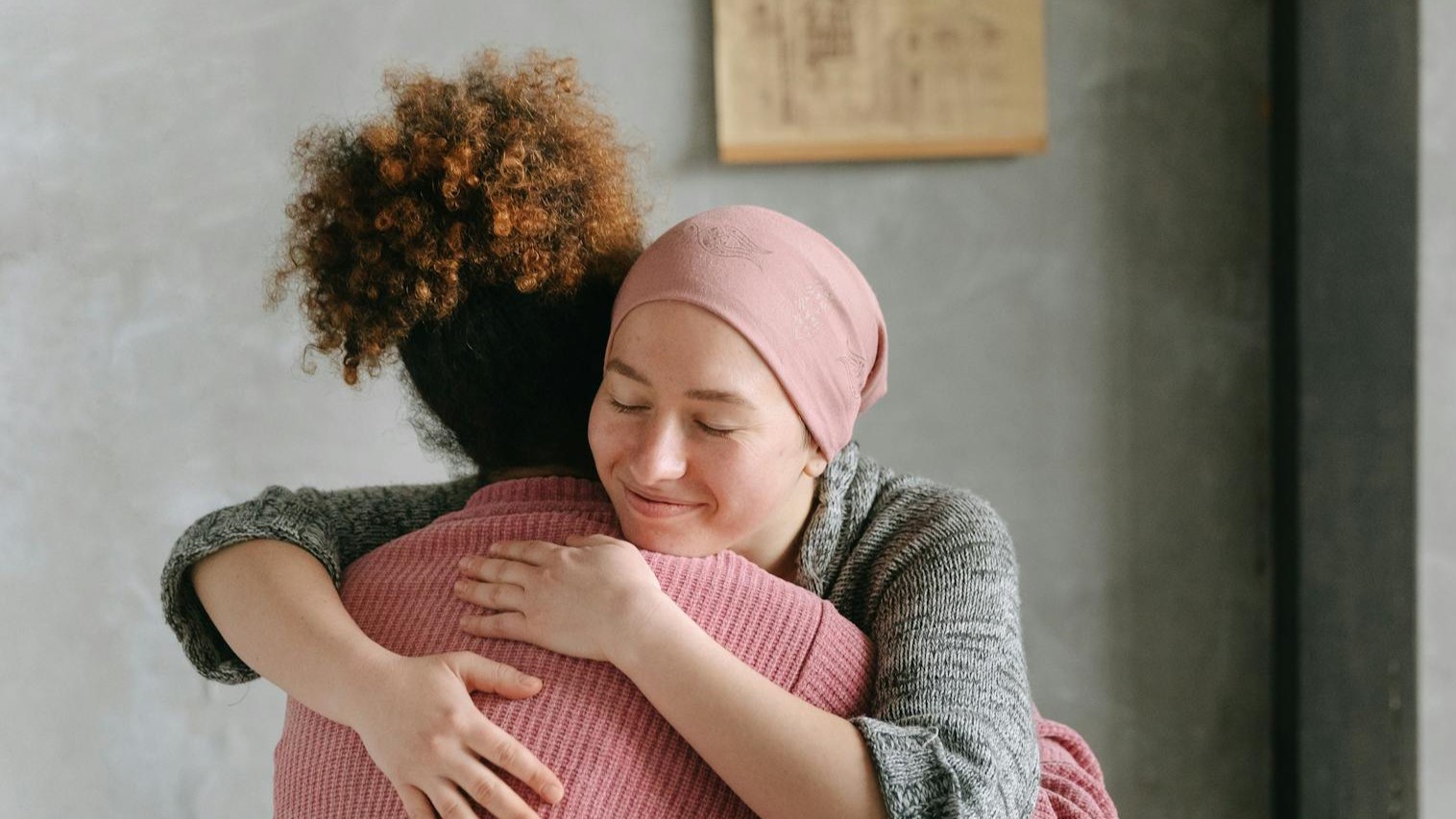Massage is known to increase neurochemicals associated with improved mood, such as serotonin and other endorphins. So it shouldn’t be surprising that it can help alleviate depression. Today we’re examining this healing relationship between massage and depression for one special group: mothers.
In two previous blog posts, we examined the benefits of receiving prenatal massage and postpartum massage. Today we’re diving deeper into one major benefit of massage: Decreased likelihood of maternal anxiety and depression. As we’ll see, this also leads to improved health outcomes for infants.
The Importance of Maternal Mental Health
Before birth, depression and anxiety can be deadly; the American Hospital Association (AHA) notes that “mental health conditions are the leading cause of pregnancy-related deaths.” Prenatal anxiety and depression result in lower infant birth weights, according to a 2012 study. After birth, the quality of infant care is linked to maternal health, the World Health Organization tells us.
The AHA reports that about 20% of people experience mental health conditions during prenatal and postpartum periods. Massage therapy is a powerful tool for maternal mental health. Reduction of anxiety and depression is one of the most significant outcomes of massage therapy, according to a meta-analysis published in Psychological Bulletin. Let’s dive deeper into the research on massage and perinatal health.
Research on Perinatal Massage and Improved Mental Health
An article in Massage Magazine highlights two studies on perinatal massage and depression. The first study compared outcomes for 84 pregnant women who were split into three groups: A massage group, a group that practiced progressive relaxation, and a control group that received standard prenatal care and nothing more. Those in the massage group received two, twenty-minute massages per week.
At the end of the sixteen-week study, the women in the massage group reported decreased depression and anxiety, as well as less leg and back pain. Researchers also found the massage group women had higher levels of the feel-good neurochemicals serotonin and dopamine, and lower levels of stress chemicals including cortisol and norepinephrine when compared to the other two groups. Moreover, the women in the massage group were less likely to deliver prematurely, and they delivered babies with higher birth weights.
The second study corroborated findings on the neurological impact of maternal massage. The researchers in this study examined multiple alternative healing modalities, and reported that massage decreased perinatal depression while boosting serotonin and dopamine and decreasing cortisol levels.
An article in Expert Review of Obstetrics and Gynecology confirms the above positive outcomes for maternal health, and reflects on how the reduced depression from massage extended beyond birth into the neonatal period. Why were the new mothers who had received massages less depressed? The author suggests that going into new parenthood with less depression could boost mother/infant bonding. Additionally, as the infants of the mothers who receive massage are less likely to be born prematurely, they are more interactive, further improving mother/infant bonding. The author concludes by comparing premature birth rates in America (14%) and China (1%). She notes that “touch rooms” are standard in Chinese hospitals. Here, couples can take massage therapy classes to learn prenatal massage techniques as well as massage for infants.
Continuing Education for Perinatal Massage
Accredited massage schools across the country offer courses for prenatal and postpartum massage. Here in Portland, massage therapists can sign up for a four-day Pre- and Perinatal Massage Therapy Workshop at East West College, to be held in March of 2025. Teacher Michelle Holland will share more than 80 advanced massage techniques for the childbearing year. To register, visit our massage CE website, or call 503-233-6500.




